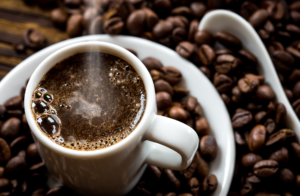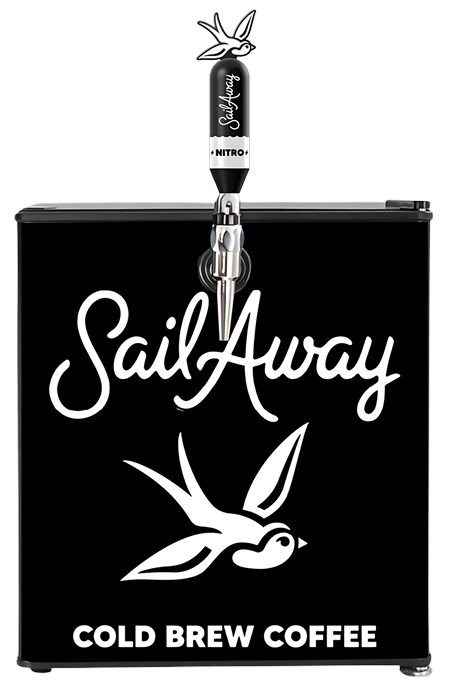Do You Know Your Daily Caffeine Intake? Here’s Why You Should
March is National Caffeine Awareness Month, a time to celebrate the beloved stimulant that keeps us going and going like the Energizer Bunny. It’s a time to reflect on our caffeine habits, enjoy a freshly brewed cup of coffee or tea, and maybe even try out some caffeine-free options.
We all love a good cup of Joe, so let’s raise a steaming hot mug to caffeine, and all the pep and zip it brings to our lives! At the same time, being aware of your daily caffeine intake is a smart idea.
Why You Should Know Your Daily Caffeine Intake
Knowing your daily caffeine intake is an essential part of maintaining a healthy and energized life! It’s like the speed limit for your caffeine consumption, helping you avoid overindulging and going on a wild and jittery ride that could potentially harm your health.
By monitoring your caffeine intake, you can ensure that you’re getting just the right amount of pep and zip to keep you awake and alert, without overdoing it.
Sources of Hidden Caffeine
We expect to find caffeine in coffee, tea, energy drinks and soft drinks, sure, but did you know it also hides in other products where you might not suspect it? Check out this surprising list of common foods and products where caffeine can sometimes be found:
- Chocolate bars
- Yogurt
- Ice creams
- Pain relievers
- Weight loss supplements
- Certain breakfast foods and snacks
- Protein bars
Is Decaf Really Caffeine-free?
Decaf coffee, despite its advertised “caffeine-free” or “reduced caffeine” nature, still holds remnants of the stimulant. The decaffeination process, while efficient in reducing caffeine levels, does not completely eradicate it.
The quantity of caffeine present in decaf coffee can be inconsistent, but on average, a serving of 8 ounces generally holds anywhere from 2 to 5 milligrams, as opposed to a standard 8-ounce serving of regular coffee containing 95 milligrams.
So, while decaf coffee may be a suitable choice for those seeking to regulate their caffeine consumption, bear in mind that it still retains a negligible amount of caffeine.
And, if you think that light roast coffee has less caffeine, you might be mistaken. The roast level of coffee (light, medium, or dark) doesn’t directly affect the caffeine content of coffee beans. Caffeine content is determined by the type of coffee plant, its growing conditions and the roasting process.
At BostonbeaN, we will happily help you consider the caffeine levels of our products to better determine your office’s complete coffee needs.




